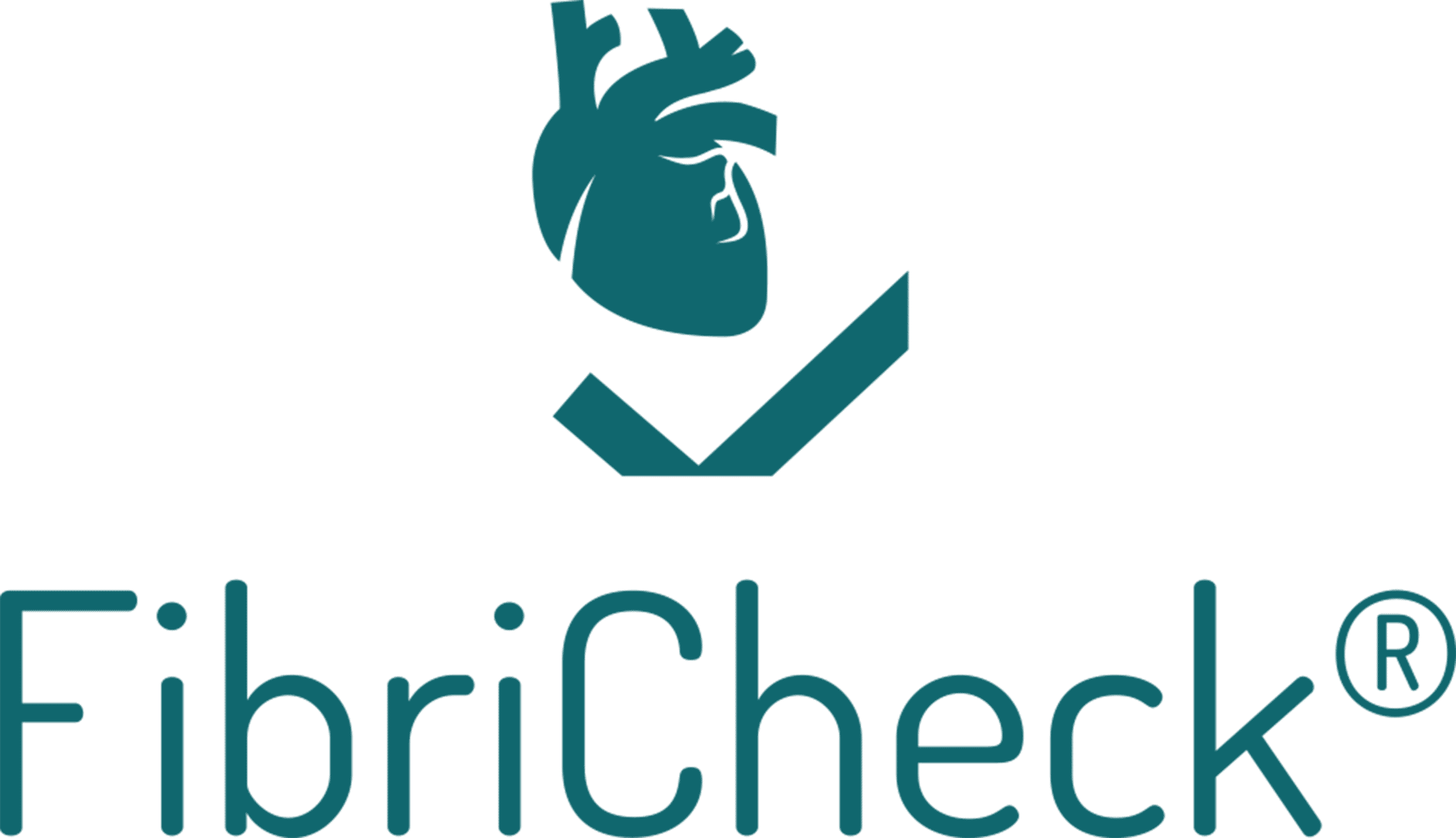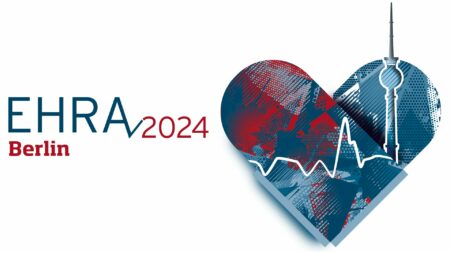
We appreciate the enriching experience we had at the EHRA congress. It was a pleasure to network with healthcare providers, scientists, and industry partners, and to witness the interest in the PPG sessions. At this year’s edition of EHRA, academic research featuring FibriCheck was prominently displayed in 6 out of 7 sessions. Join us in this news article, as we’ll recap the key highlights of EHRA 2024!
3.4x higher odds of detecting AF recurrence with FibriCheck in a post-ablation pathway compared to ECG
After an ablation procedure, it’s important to follow up on patients to assess atrial fibrillation (AF) recurrence and treatment effectiveness. Today’s standard is 24h Holter ECG monitoring, which is costly, hardware dependent, limited in data, and labour-intensive. FibriCheck offers a cheaper, more flexible solution for heart rhythm measurements that can be performed anywhere and at any time. The effectiveness of FibriCheck for post-ablation follow-up was confirmed in the prospective DIGITOTAL study, which was presented by cardiologist Dr. Henri Gruwez (Hospital Oost-Limburg) at EHRA. This study showed that FibriCheck can efficiently assess AF recurrence and treatment effectiveness, and also that the odds ratio of detecting AF recurrence with FibriCheck was 3.4 compared to repetitive 24h Holter ECGs.
FibriCheck's impact on post-cardiac surgery AF management: 12.5 times higher odds of actionable AF detection when compared to standard care
A randomised controlled trial featuring FibriCheck was also presented by cardiologist Dr. Henri Gruwez at the EHRA2024 congress. In this trial, heart rhythm monitoring with FibriCheck’s PPG-technology was assessed after cardiac surgery. The results of this randomised trial were exciting, as the use of FibriCheck’s PPG technology resulted in a noteworthy 12.5 times higher odds of detecting actionable POAF compared to standard care using ECG. These results obtained 5 times more changes in AF management compared to the control group. Deploying FibriCheck can improve the effectiveness of outpatient monitoring and the outcomes of heart rhythm conditions drastically.
Other exciting results of PPG studies
Our PPG technology underwent further examination in other notable studies. One such study was conducted at the Maastricht University Hospital and presented at EHRA by Maartje Hereijgers. It focused on the enhancement of cross-condition management by assessing the feasibility and diagnostic effectiveness of FibriCheck’s PPG-based arrhythmia screening within a COPD population. Through the integration of FibriCheck, the study successfully identified new cases of AF. The usability of FibriCheck was also assessed, with patients expressing the ease of use of our technology.
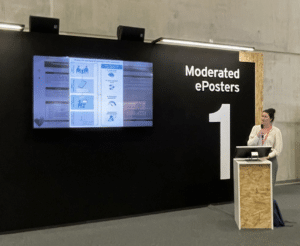
Other studies presented by Henrike Hillmann (Hannover Medical School) investigated heart rhythm variability and highlighted that:
- Short-term heart rate variability can be determined using FibriCheck’s PPG-technology.
- Heart rate variability can be used as a potential parameter to predict AF recurrence when monitoring after treatment, such as an ablation. This may result in improved outcomes for patients.
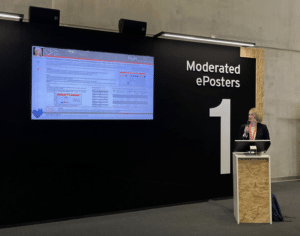
Want to know more about our PPG-technology and its implementations?
Get our latest news and innovations delivered straight to your inbox
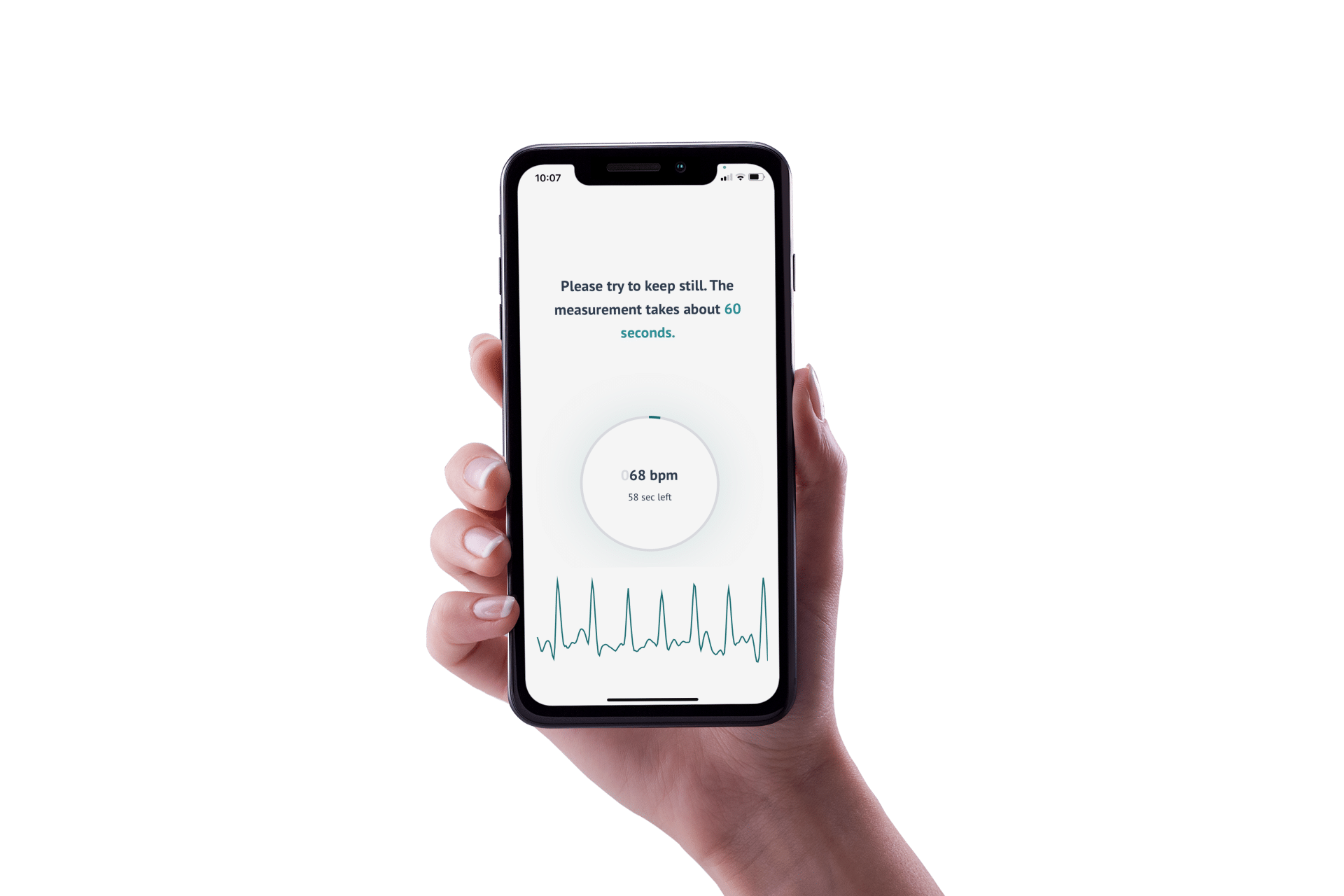
Created on April 11th, 2024 at 12:10 pm
Last updated on April 18th, 2024 at 01:33 pm
